When it comes to movies, a little bit of controversy isn’t such a bad thing. Nothing drums up publicity and drives curious viewers into movie theater seats better than a film that’s just a little bit controversial, whether it be in subject matter, behind-the-scenes drama, or something else. But some films are so controversial that it’s become their whole identity, and these are the films that have gone down as the most controversial films of all time.
When a film is truly, wildly, sensationally controversial, the buzz around its controversy usually starts to emerge during filming, or perhaps upon its arrival on the film festival circuit. The film might inspire walkouts, and it might prove to be so controversial that major distributors don’t want to pick it up, making it hard-to-find. Some of these films were widely released and were very successful at the box office, but others were so off-putting to audiences that they stayed away in droves, relegating the film to videos and DVDs passed among friends.
A movie can be controversial for a wide variety of reasons. It can have so much sex and nudity that it’s branded as pornographic or exploitative. It can be viewed as racist or propaganda. It can be viewed as glorifying violence, or be so excessively and shockingly gory that audiences are on the verge of losing their lunch. It can be iconoclastic or heretical, viewed as attacking Christianity or another religion. Or it can be a combination of some of the above, like some of the truly most controversial films ever. Some of these films are definitely in “watch at your own risk” territory, while others are more thought-provoking. But if you’re looking for a film that’s not too controversial, then you may want to seek out a great Steven Spielberg movie instead.
The Birth of a Nation (1915)
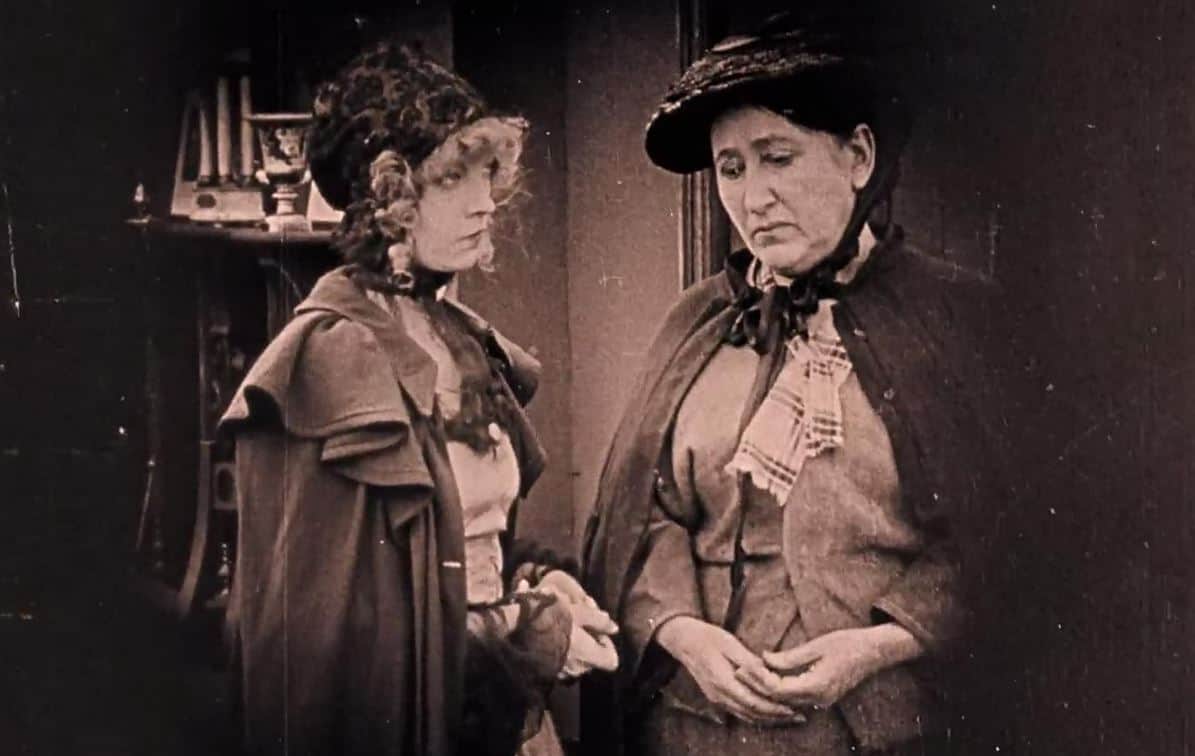
D.W. Griffith’s silent film “The Birth of a Nation” is widely regarded as a cinematic masterpiece. However, the subject matter is incredibly controversial: It’s based on a novel called “The Clansman,” and it alternately depicts Black people as savages and the Ku Klux Klan as heroes who bring order to the South after the Civil War.
Triumph of the Will (1935)
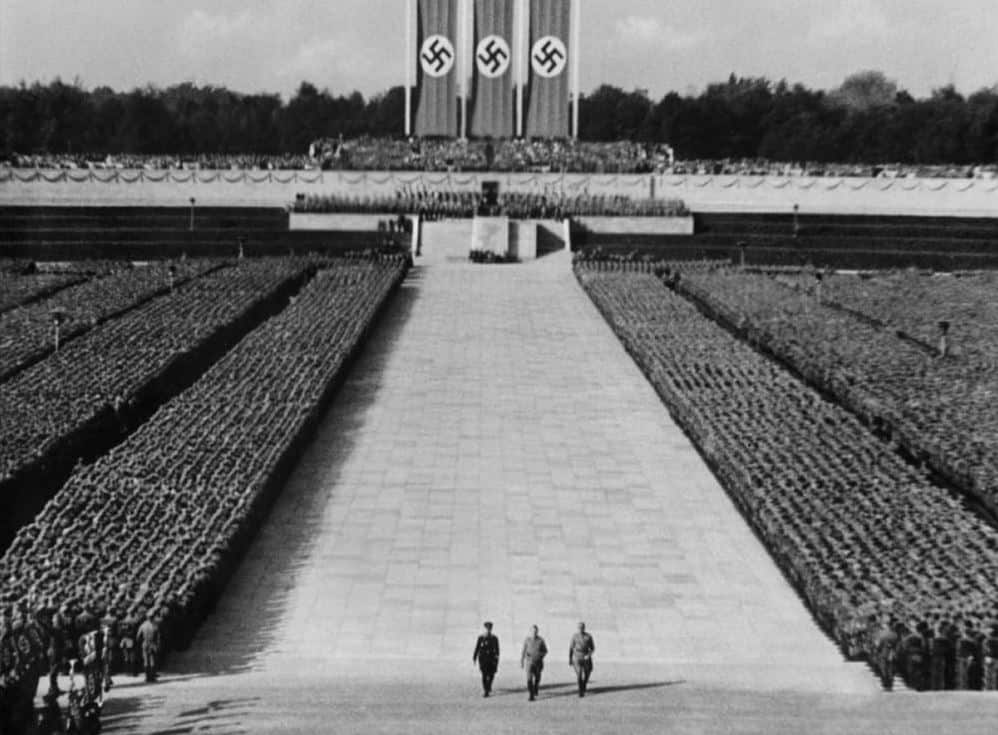
A Nazi propaganda film by director Leni Riefenstahl, “Triumph of the Will” depicts the 1934 Nazi Party Congress in Nuremberg, presenting the Nazi Party – and Adolf Hitler specifically – as strong and powerful. It had a huge impact in promoting the Nazi ideology in Germany, and it’s generally regarded to be one of the greatest pieces of propaganda of all time.
A Clockwork Orange (1971)
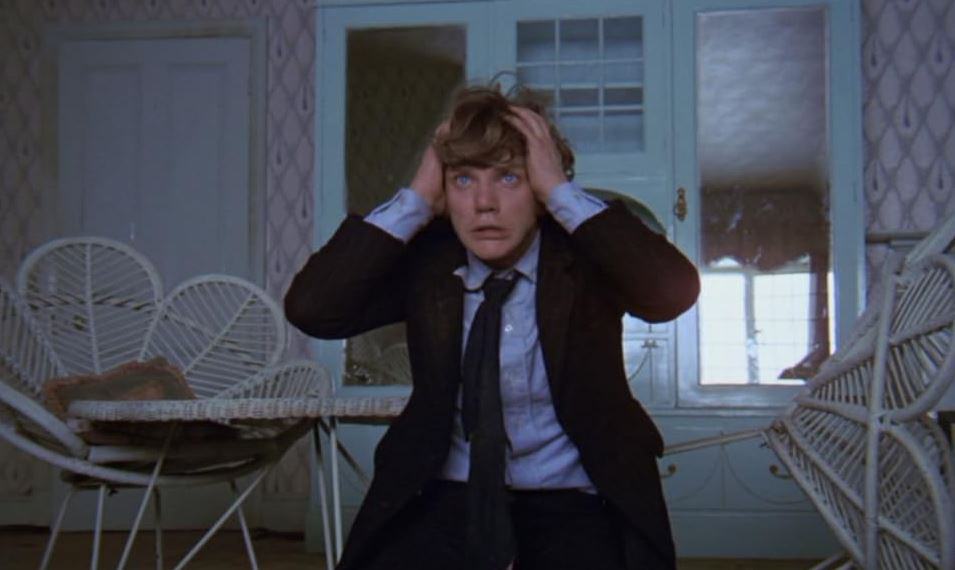
Director Stanley Kubrisk’s adaptation of the novel by Anthony Burgess, “A Clockwork Orange” in set in a future where the moral and social order has broken down, and a sociopathic teenager played by Malcolm McDowell and his gang of “droogs” commit acts of “ultra-violence” on the public. He’s then subjected to a form of aversion therapy. The film’s graphic depictions of sex and violence sparked debate and led to the film being banned in several countries.
Deep Throat (1972)
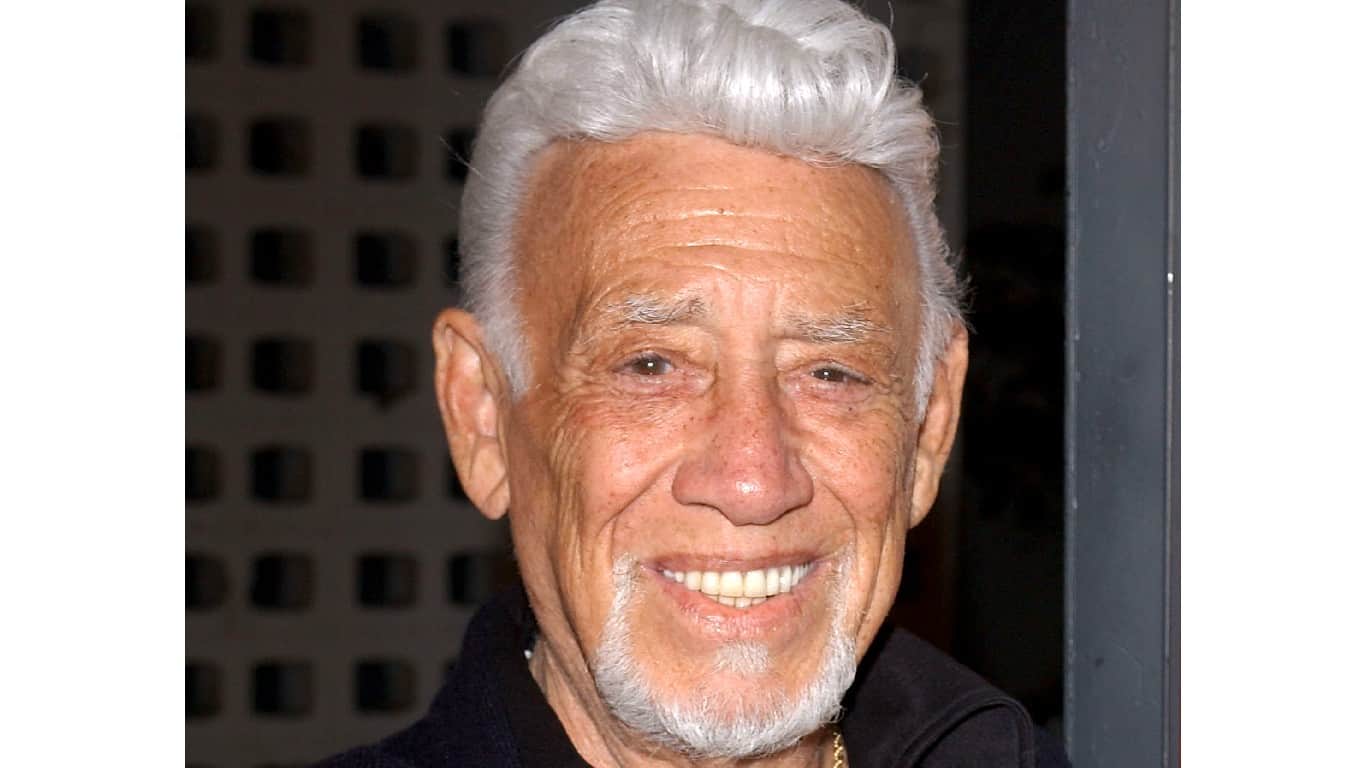
The film that (briefly) took pornography mainstream, Gerard Damiano’s 1972 film “Deep Throat” was extremely controversial due to its shockingly sexual subject matter and graphic depictions of sex. It became a lightning rod for many of the broader social changes going on at the time, especially sexual liberation, censorship, and women’s rights, and led to censorship attempts and legal battles around obscenity laws and freedom of expression.
Last Tango in Paris (1972)
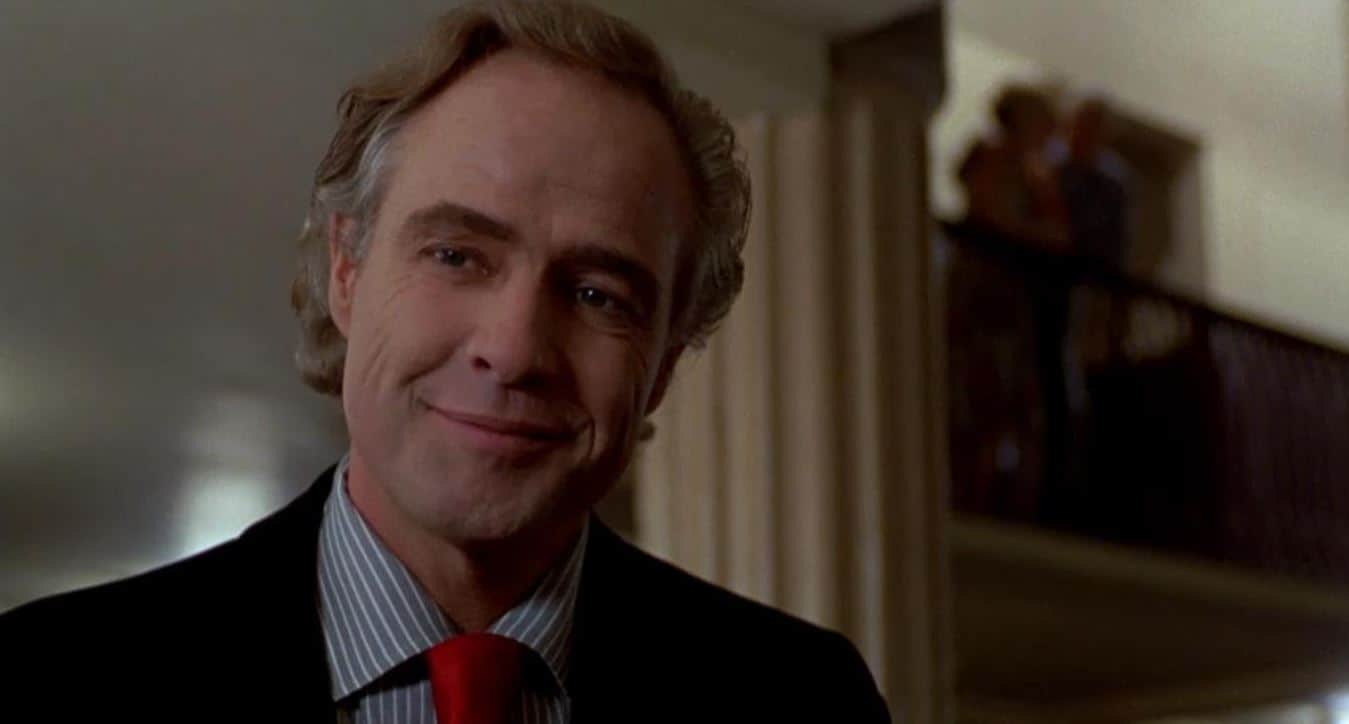
Bernardo Bertolucci’s “Last Tango in Paris” starred Marlon Brando as an older American man and Maria Schneider as a young French woman. The film sparked controversy for its graphic depictions of sex (including rape and sodomy) as well as the exploitative relationship between the two protagonists (which was instead framed as being passionate). It was banned in several countries.
The Exorcist (1973)
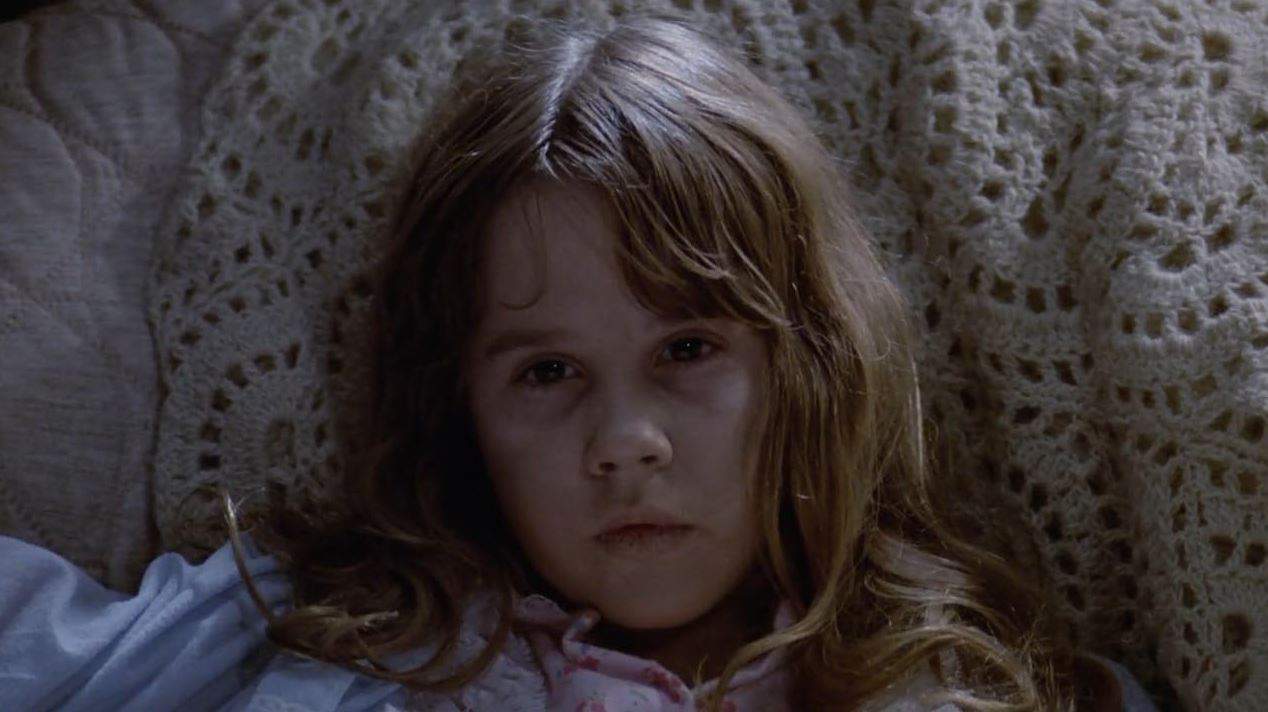
William Friedkin’s groundbreaking horror film “The Exorcist” is about a young girl who is possessed by a demon, and her possession and the efforts of a priest to rid her of the demon proved shocking to audiences. It’s an intense and horrifying movie, and there were some reports of audience members fainting.
Salò, or the 120 Days of Sodom (1975)
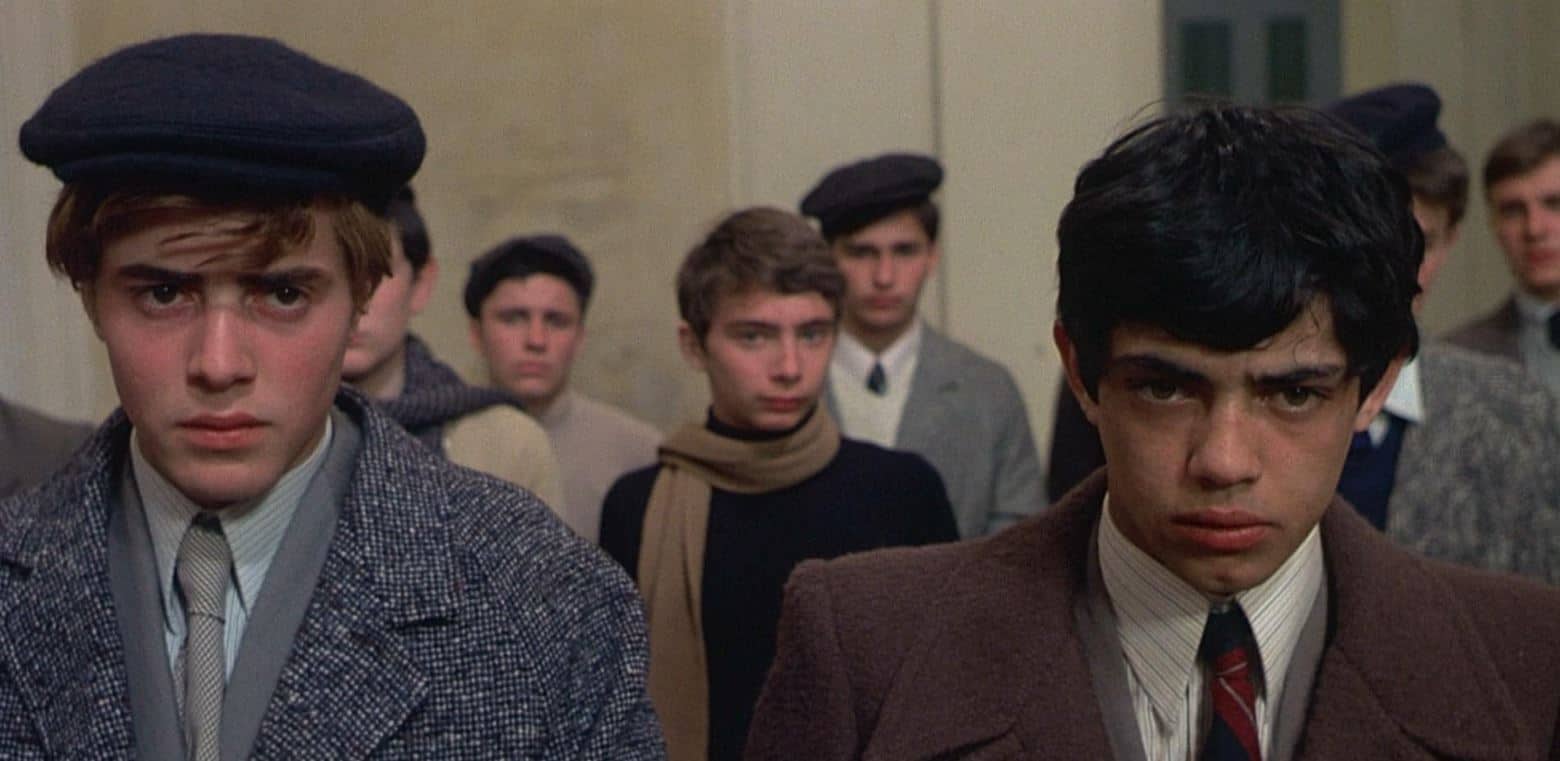
Director Pier Paolo Pasolini’s Italian-French film “Salò, or the 120 Days of Sodom” is an adaptation of Marquis de Sade’s infamous novel, taking place in fascist Italy. The film follows a group of four wealthy libertines who kidnap young men and women and subject them to sexual torture and humiliation. These shocking scenes of sexual depravity caused plenty of controversy.
Caligula (1979)
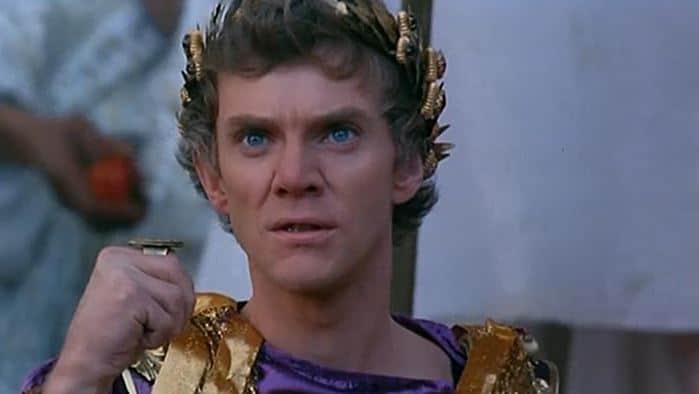
Financed by Penthouse Magazine founder Bob Guccione, “Caligula” was a historically inaccurate portrayal of the reign of Roman Emperor Caligula, although it focused more on explicit sexual content and violence than any actual historical reality. Several different versions of the film were released due to infighting amongst the director and producers, and it was widely panned for being obscene and exploitative.
Cannibal Holocaust (1980)
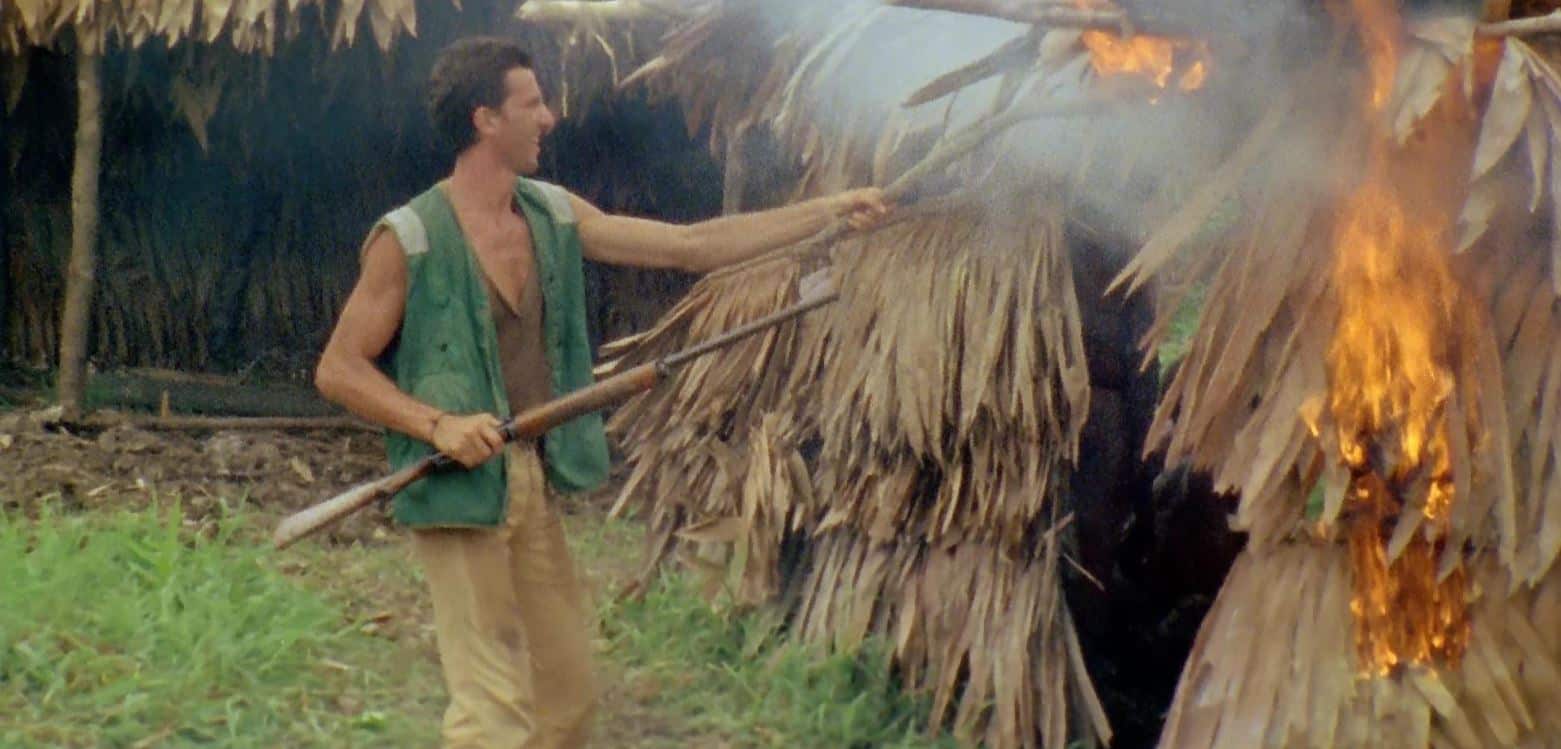
Director Ruggero Deodato’s “Cannibal Holocaust” is presented as a found-footage documentary, which follows a group of American filmmakers into the Amazon rainforest, where they commit horrific acts of violence against the tribespeople. It was widely condemned for its graphic violence and sexual assault, but its shock value alone had made it something of a cult classic.
The Last Temptation of Christ (1988)
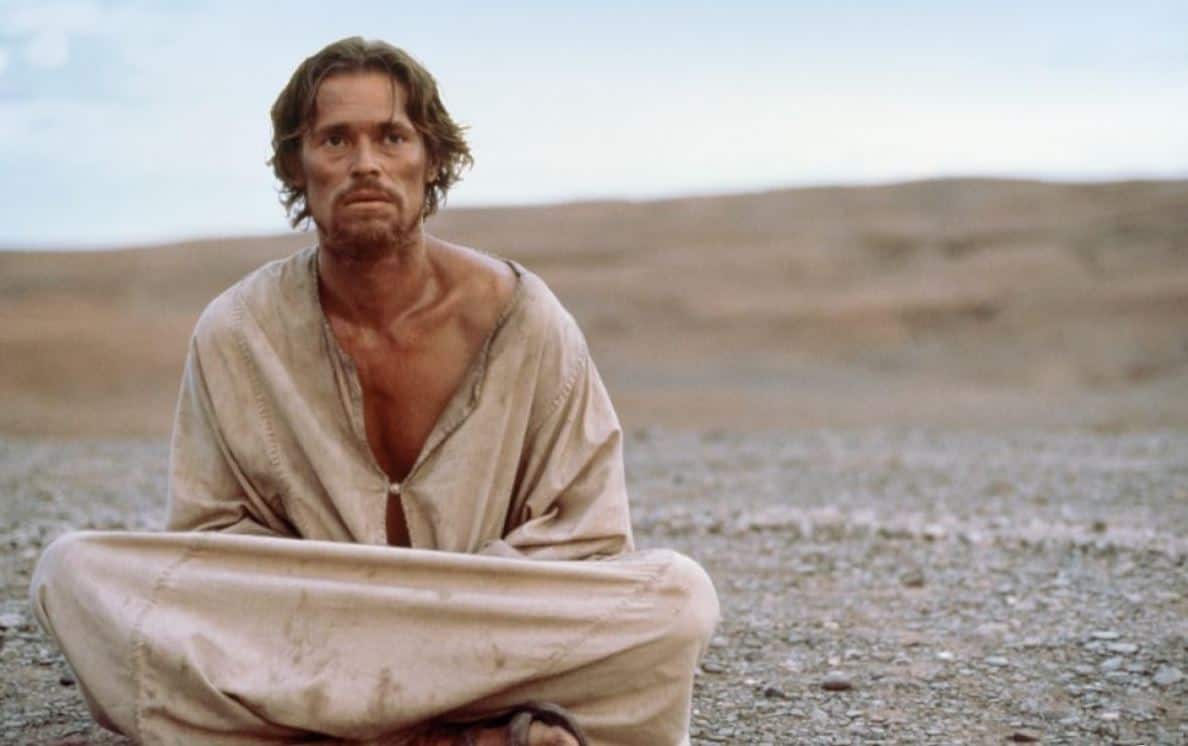
Martin Scorsese’s “The Last Temptation of Christ” stars Willem Dafoe as a self-doubting, flawed, and conflicted Jesus, a departure from the traditional depictions of him as perfect and infallible. It also imagines an alternate life in which he’s not crucified. It divided critics, with some hailing it as thought-provoking and human and others condemning it as blasphemous.
JFK (1991)
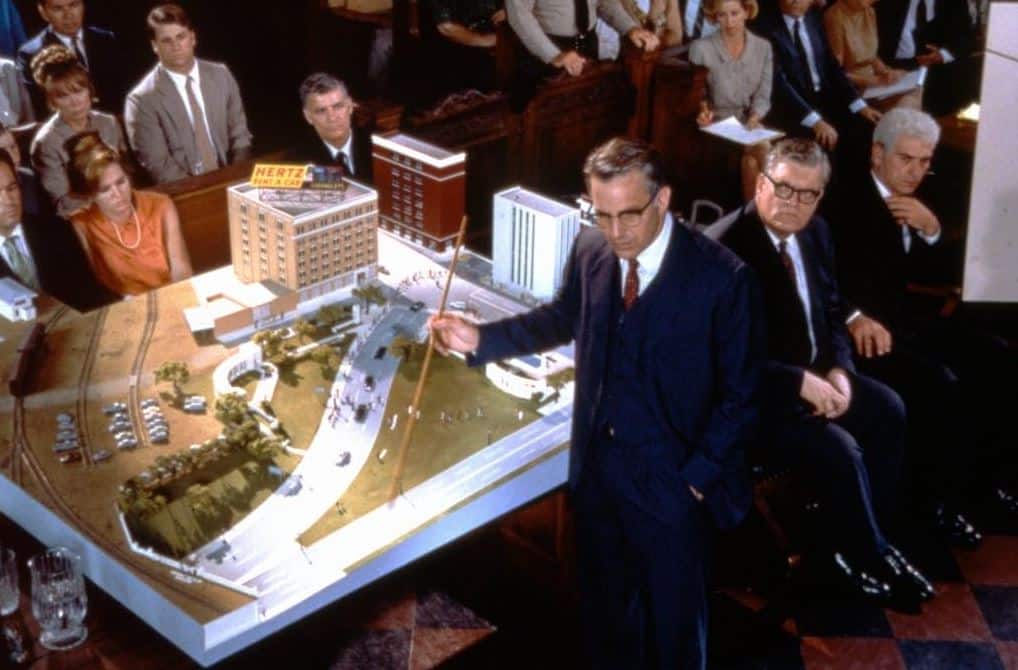
Oliver Stone’s blockbuster “JFK” stars Kevin Costner as New Orleans District Attorney Jim Garrison, who attempts to unravel what he sees as a massive coverup and conspiracy around John F. Kennedy’s assassination. The film blurs the line between fact and fiction, and sparked controversy for perpetuating debunked conspiracy theories around the assassination, suggesting that he was killed because of his stance against elements of the military-industrial complex.
Natural Born Killers (1994)
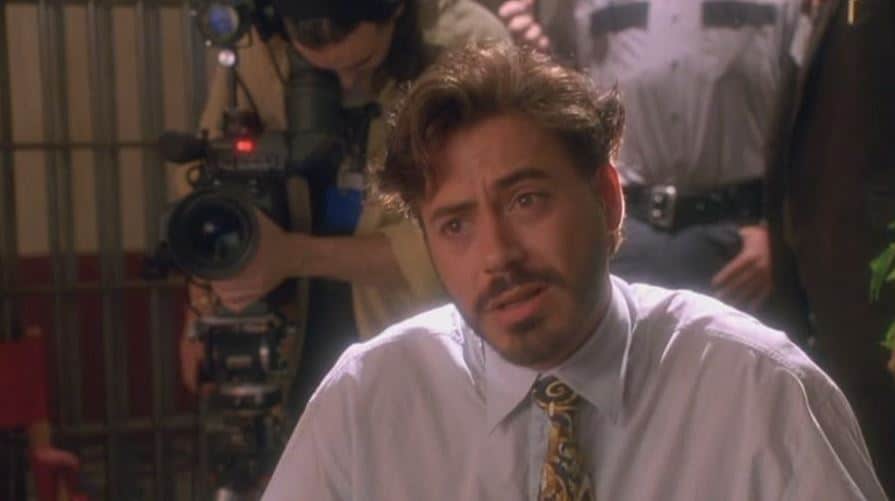
Another Olive Stone film, “Natural Born Killers” follows a young couple (played by Woody Harrelson and Juliette Lewis) as they travel across the country on a killing spree, becoming folk heroes and capturing the attention of the media and the public along the way. The film sparked debates about the glorification of violence.
Kids (1995)
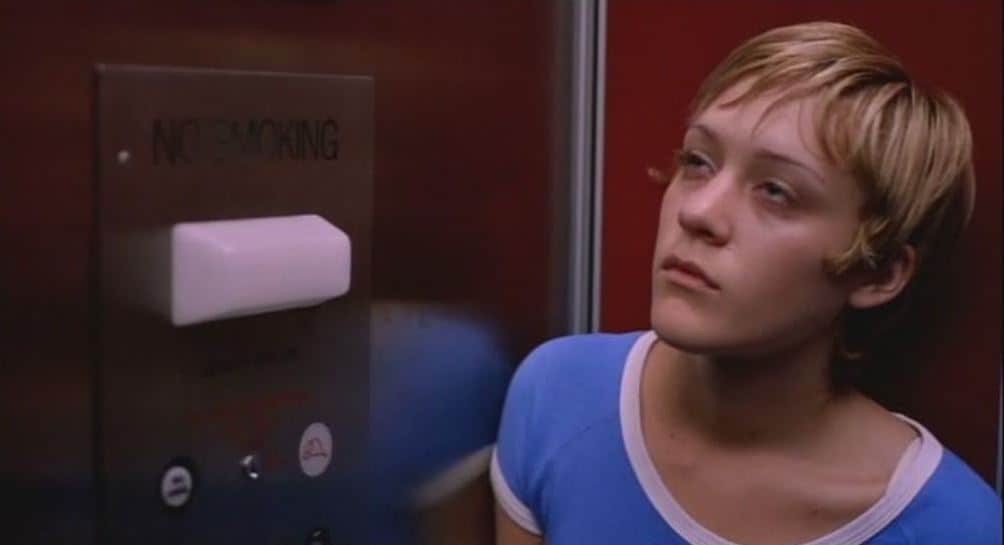
Writer Harmony Korine’s coming-of-age drama follows a group of teenagers living in New York City, and it’s an unflinching portrayal of reckless behavior and urban youth culture. Drug use, sexual promiscuity, and HIV/AIDS are just a handful of the themes explored in the film, which was shot on-location with non-professional actors.
The Passion of the Christ (2004)
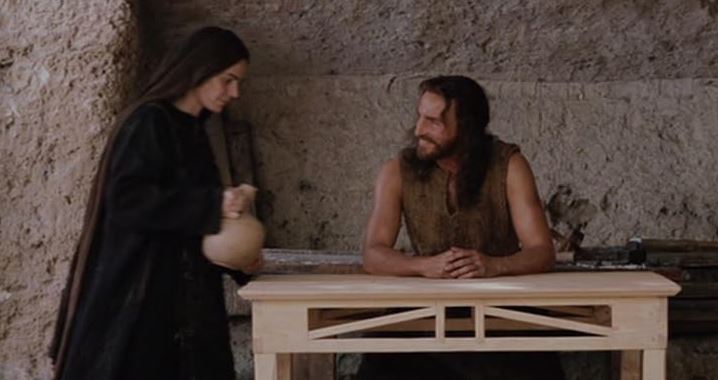
Mel Gibson’s biblical drama “The Passion of the Christ” is a passion play in movie form, following the final hours of Jesus’ life. Its excessive violence sparked some controversy, but more controversial was the film’s depiction of Jewish characters. It received mixed reviews, but was a big box office success regardless.
Antichrist (2009)
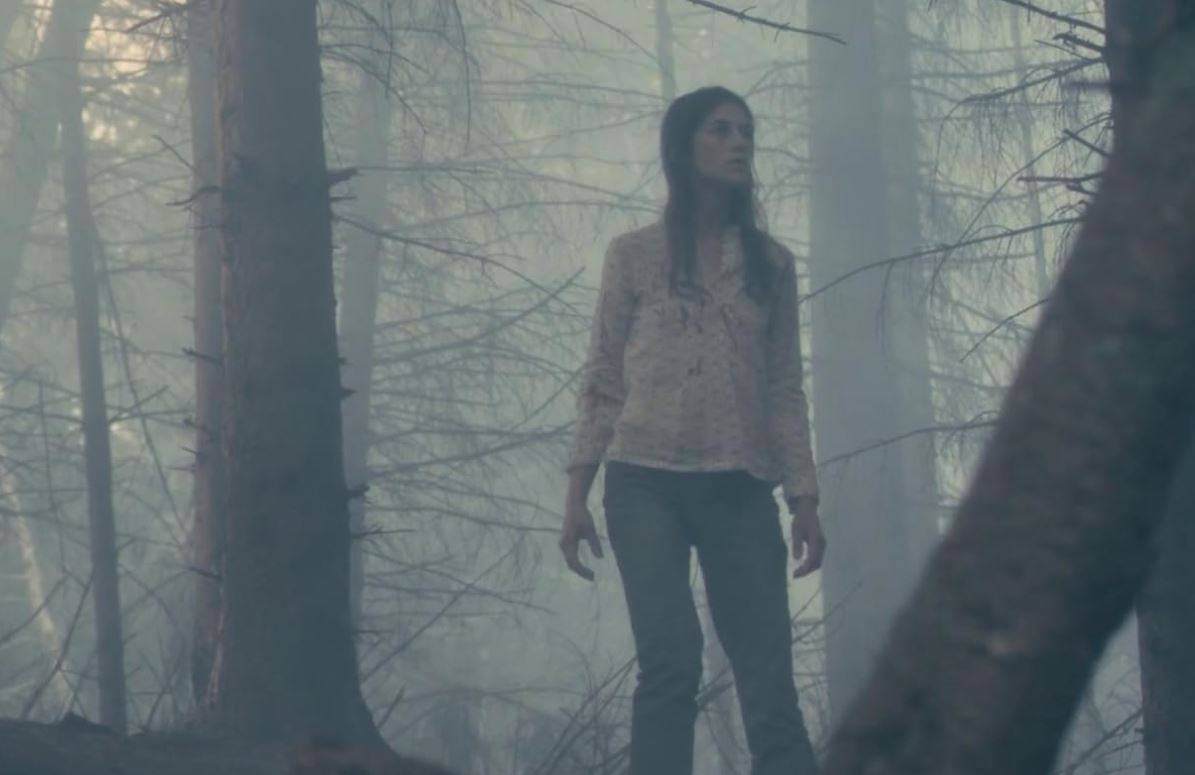
Lars von Trier’s psychological horror film “Antichrist” follows a couple (played by Willem Dafoe and Charlotte Gainsbourg) as they retreat to a remote cabin following the death of their son, and their mental and emotional states deteriorate over the course of the film. It’s loaded with disturbing imagery and scenes of genital mutilation, sexual violence, and self-harm, and it sparked lots of debate and controversy. If you’re looking for a film that’s slightly less controversial, you may want to check out one of the best true-story sports movies.